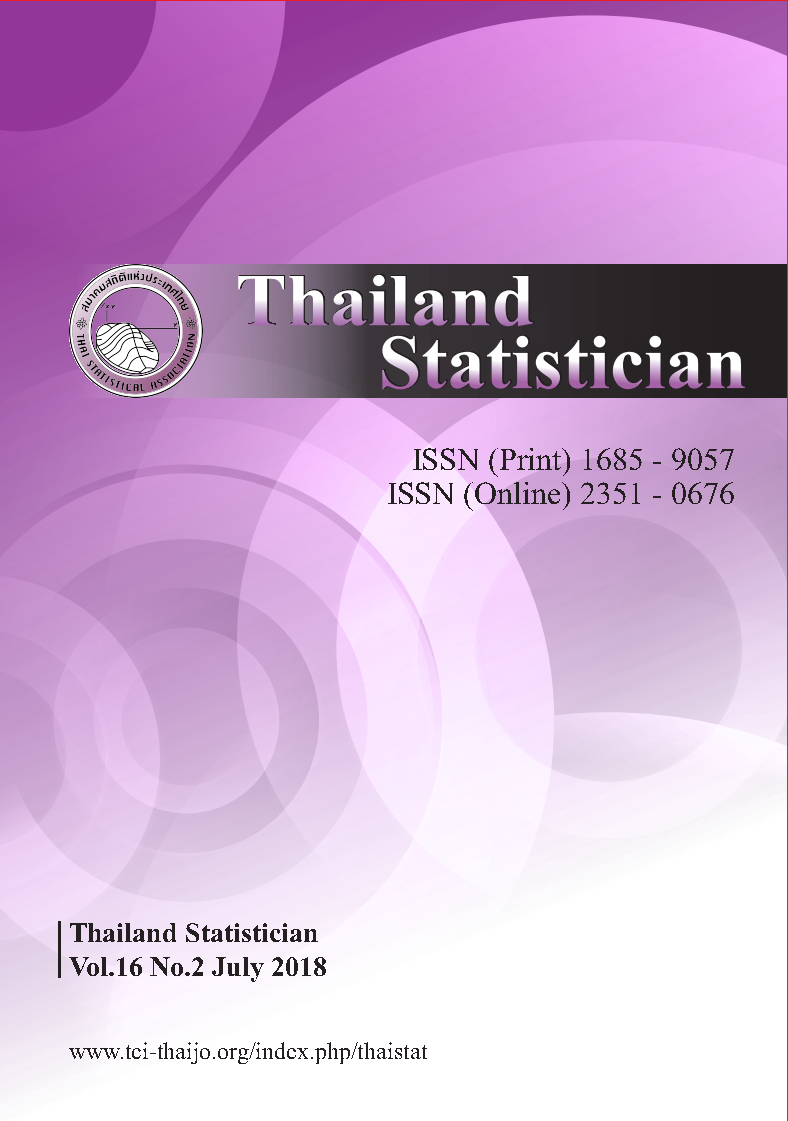Impact of Education on Family Income in First Nations Communities
Keywords:
First nations, education, income, family income, labour market, educational attainment, employmentAbstract
Our days, the globalizing labour market requires educated professionals. Individuals with high school and post-secondary diplomas have higher potential when it comes to adapting to rapid change in technology and economy. Canada, like other member countries of the Organization for Economic Co-operation and Development (OCED) has no alternative but to improve the knowledge and skills of its labour force, increase productivity and support world class research. Canadian governments, at all levels, are interested in developing human resources in urban and rural communities to meet the demand of their domestic labour markets. The impact an individual’s level of education has on their employment opportunities and income has been studied by many scholars. However, the review of suitable literature indicates that there is a need for analogical research in First Nations communities. Within the presented project we have analyzed the correlation between level of educational level, income range, and employment rate in Kahkewistahaw, Muskeg Lake and Fairchild (Lac La Ronge) First Nations communities. The project was supported by the Social Sciences and Humanities Research Council (SSHRC) of Canada within the Aid for Small Universities program.
References
Indicators of Well-being in Canada. Work-Unemployment Rate. Human Resources and Skills Development Canada, 2011. Available from: http://www4.hrsdc.gc.ca/.3ndic.1t.4r@-eng.jsp?iid=16.
Lambert M, Zeman K, Allen M, Bussière P. Who Pursues Postsecondary Education, Who Leaves and Why? Results from the Youth in Transition Survey, Statistics Canada, Catalogue no. 81-595-MIE-No.026, 2004.
Paquette J. Educational Attainment and employment Income: Incentives and Disincentives for Staying in School. Can J Edu. 1999; 24(2): 151-168.
Sardarli A, Bourassa C, LaVallie C. Indigenous Knowledge Based Method for Modeling the Seasonal Birth Dynamics in the First Nations Communities, The Indigenous Peoples’ Health Research Centre, First Annual Indigenous Health Conference, March 24-26, 2011; Saskatoon, SK, Canada.
Sardarli A, Budsaba K, Chaimongkol S, Pete S, Volodin A. Estimation of prosperity and depression periods in a labour market. Thail Stat. 2008; 6(2): 163-172.
Sardarli A, Budsaba K, Ngamkham Th, Baidoo K, Volodin A. Modeling of water quality dynamics using indigenous knowledge. Thail Stat, 2010; 8(2): 207-222.
Sardarli A, Ngamkham Th, Volodin A. Centre of population of Saskatchewan, Canada. Thail Stat, 2017; 15(1): 97-103.
Saskatchewan Job Prospects. Detailed Occupational Outlook. Reports of Ministry of Advanced Education, Employment and Immigration, 2007-2012; 3(3), Winter 2008-09, Service Canada.
Schleicher A. The economics of knowledge: Why education is key for Europe’s success. Lisbon Council Policy Brief, Paris, France: OECD, 2006.
Shaienks D, Eisl-Culkin J, Bussière P. Follow-up on Education and Labour Market Pathways of Young Canadians Aged 18 to 20 – Results from YITS Cycle 3, Statistics Canada, Catalogue no. 81-595-MIE- No. 045, 2006.
Smith RA. Average Annual Household Income Canada, 2009/06/02, Available from: http://www.discoveryfinance.com/average-annual-household-income-canada.html.
Zeman K, McMullen K, de Broucker P. The High Education / Low Income Paradox: College and University Graduates with Low Earnings, Ontario, 2006, Statistics Canada, Catalogue no. 81-595-M-No. 081.




